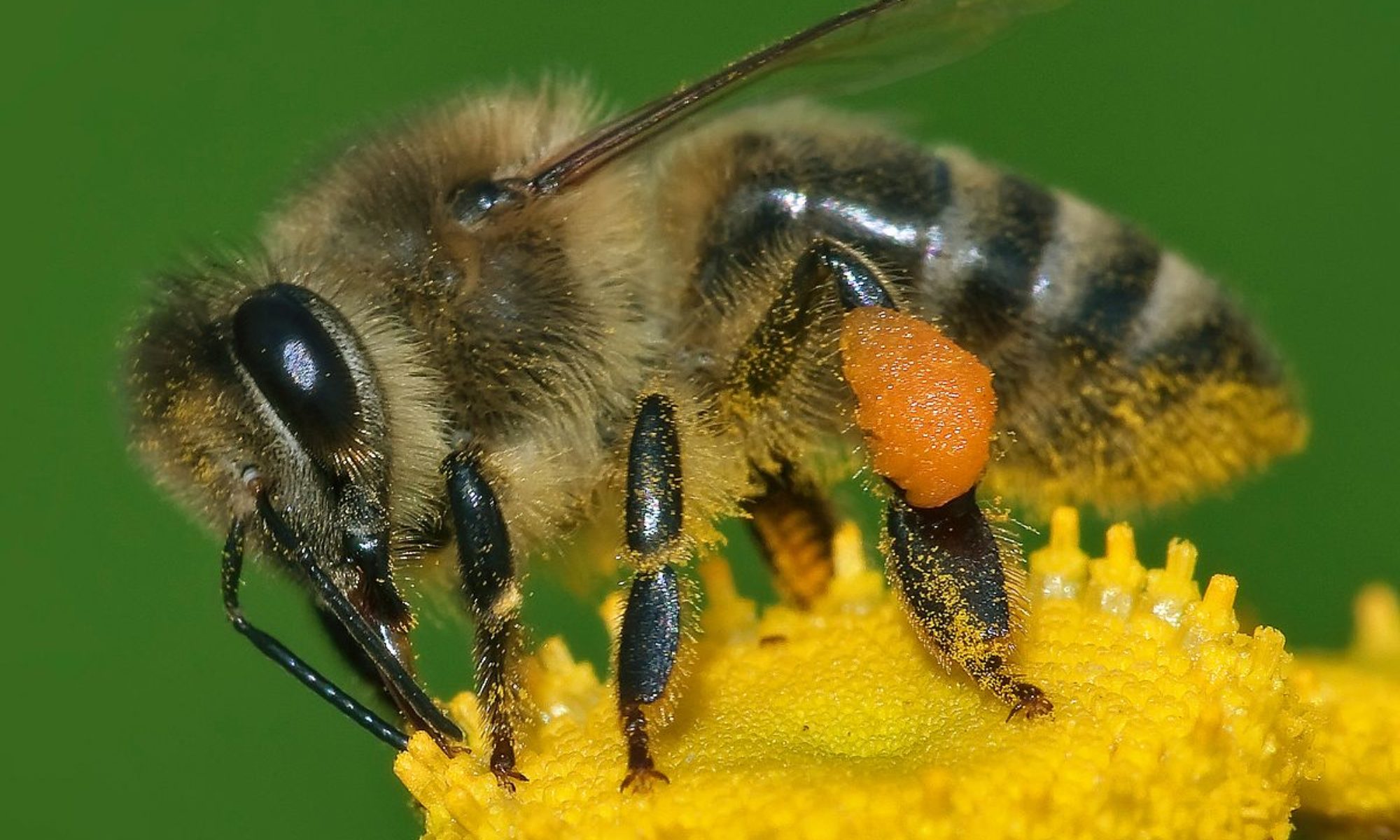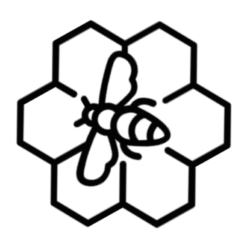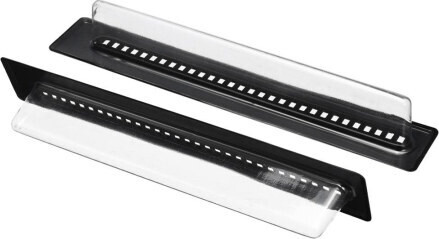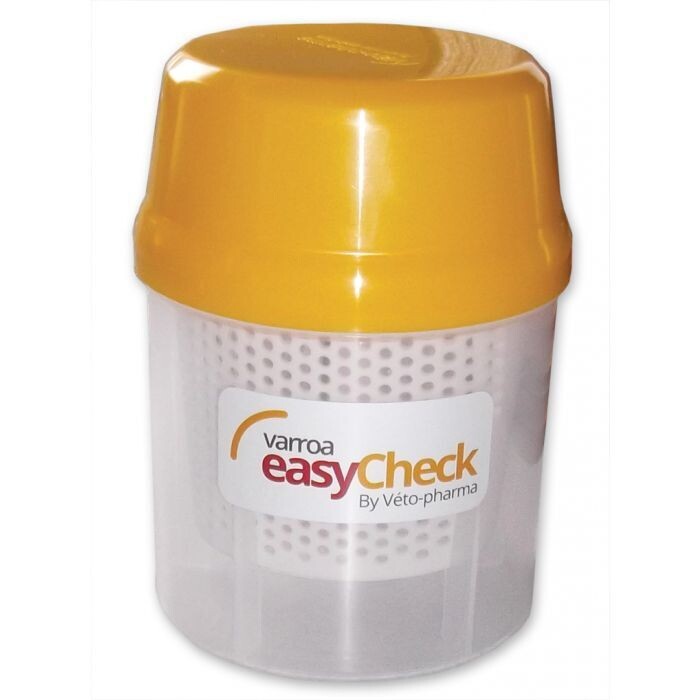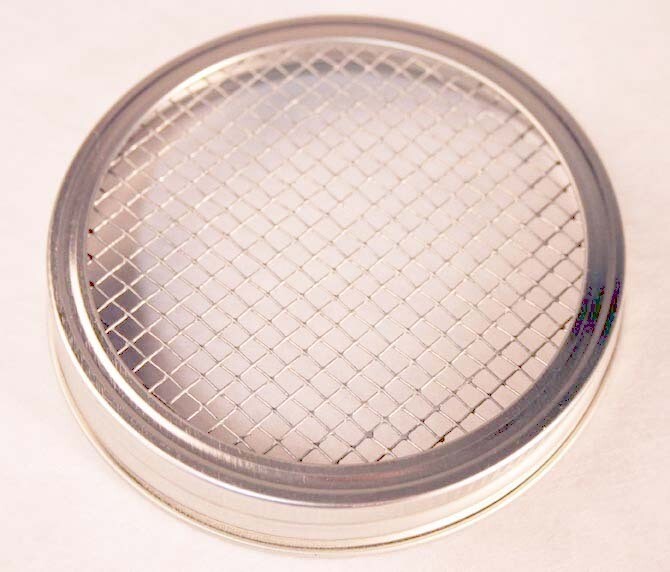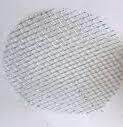Integrated Pest Management
Integrated pest management (IPM) is a pest prevention strategy that utilizes multiple techniques tailored to the ecological context of each situation in order to reduce pest populations to a manageable level. Because IPM plans need to be customized to each specific situation, there is no “one size fits all” approach. We use things like biological control, habitat manipulation, cultural practices as well as resistant varieties.
IPM utilizes prevention, pest identification, population monitoring, and (as a last resort) treatments in order to reduce the target pest populations. Complete elimination of the pest is not the goal. Instead, we're aiming to reduce the pest population to a manageable threshold, mirroring host/pest interactions we see in nature. We would never see a pest population completely eradicated in nature; instead, we see populations suppressed by the hosts’ naturally occurring defense mechanisms. This is the kind of situation we are trying to create with IPM strategies!
The keystone of IPM is prevention. This means leaning on stronger genetics, natural predators (biocontrol), and environmental factors to gain a leg up on pest species. Of course, these tactics are not always enough, and that’s where treatments come into play. Treatments can be mechanical, chemical, or a combination of both. When using IPM, we start with the most gentle treatment (to both humans and the host organism). If this fails, we move up the ladder to a stronger treatment. We can tell that a treatment is working by closely monitoring our pest populations. The ways in which we monitor will vary depending on the type of pest we are targeting. By treating only when necessary and using a variety of treatments, we can reduce resistance development in our target pests.
We recommend regular sugar shakes, alcohol washes or 24 hour drop Varroa tests to keep track of your varroa mite levels. Avoid putting undue stress on your bees and use controls in your hive only when absolutely necessary.
While we only carry products to prevent or test for Wax Moth, American and European Foulbrood, Nosema, Small Hive Beetle, and mice, we do not carry any chemical treatments.. Use these pest preventions and tests to keep your hive healthy and productive.
Since 2017, beekeepers need prescription from veterinarian for antibiotics to prevent American Foulbrood. If you need one, please visit https://beevfd.com/ provided by UF/IFAS Extension and Florida State Beekeepers Assoc.
Not sure what you are seeing in the hive? Visit https://theBeeMD.com/ - a diagnostic tool provided in collaboration of multiple universities.
